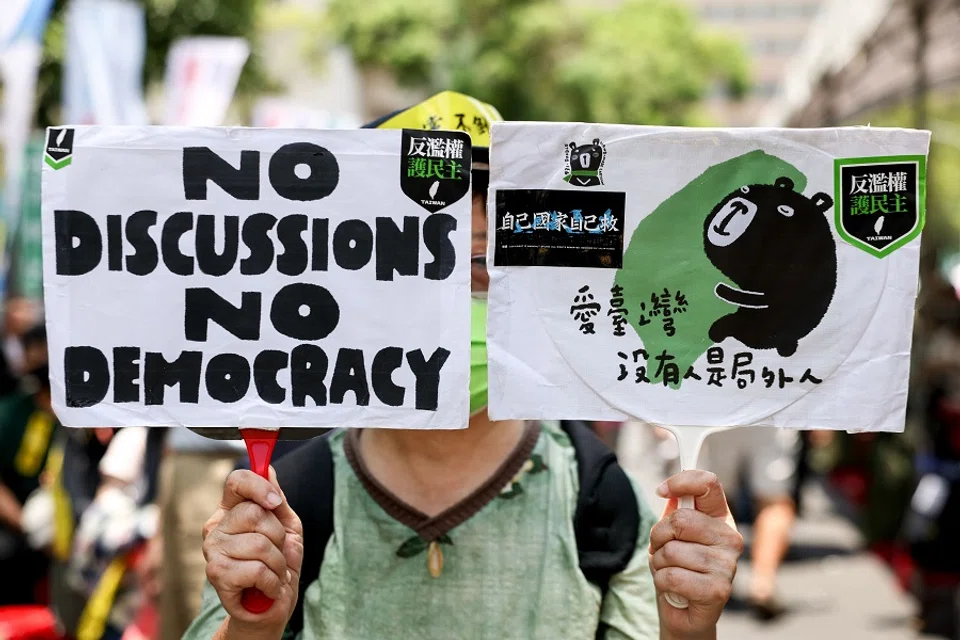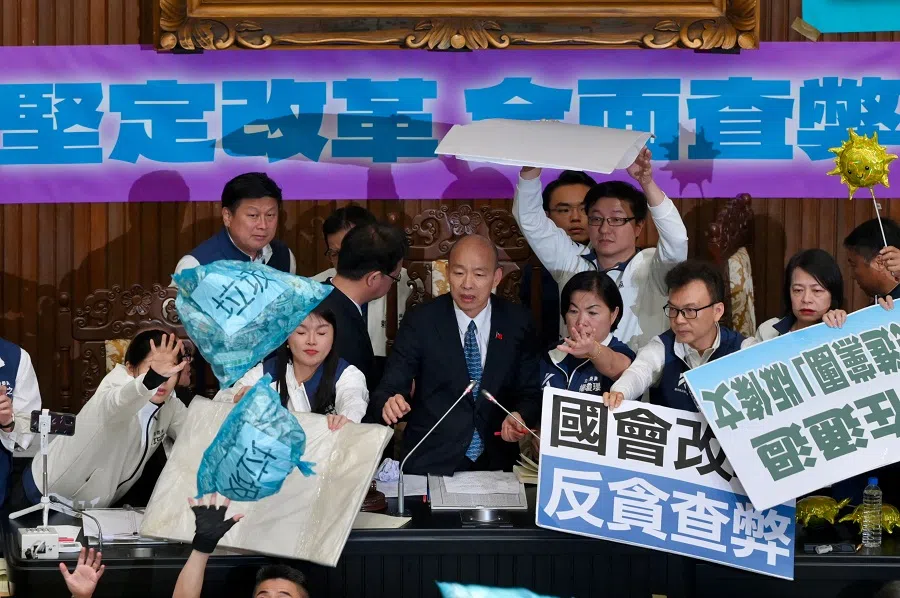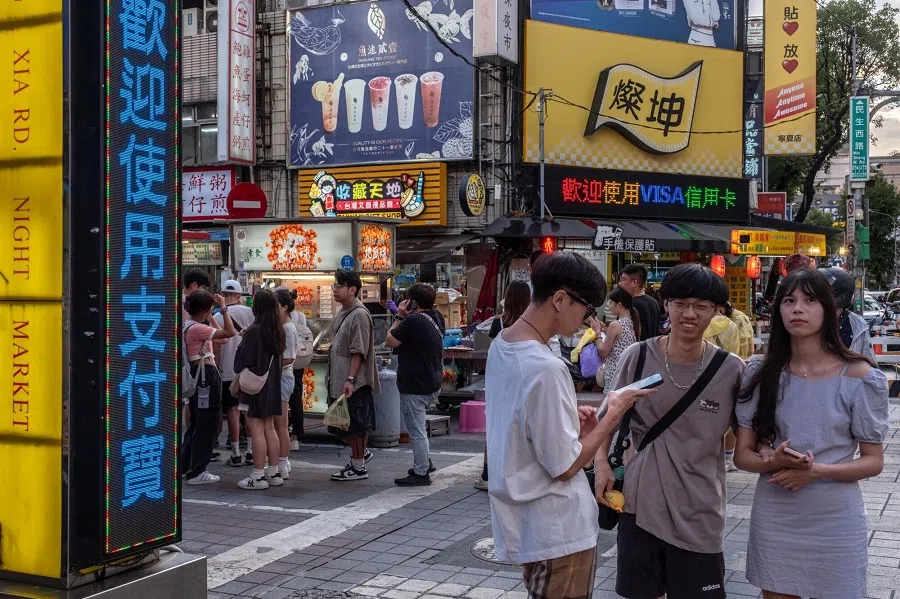The politicisation of Taiwan’s university academics
Honda Mami, a Japanese student in Taiwan, notes that university academics should be politically neutral, but those in Taiwan seem to be blatantly showing their political inclinations in apparent efforts to influence their students.

No matter which faculty or university, political neutrality is necessary in academia. I believe that Singapore’s universities firmly believe in this and are active in various academic fields.
However, in recent years, universities in Taiwan are running counter to this belief. Many professors uphold clear and deep-rooted political ideologies, with some even including them in their course content. Why are a growing number of Taiwan academics no longer politically neutral?
... Taiwan is in a state of political polarisation and opposition. Both the ruling Democratic Progressive Party (DPP) and the opposition Kuomintang (KMT) are exhibiting a stronger tendency towards extremism compared to the past.
Political division in Taiwan
To explore this issue, it is necessary to analyse Taiwan’s political landscape. Following Taiwan’s political reforms in the 1990s and its transition to democracy, it has always maintained a peaceful political environment characterised by mutual tolerance and respect among political parties. But the situation has changed a lot, particularly in the past decade.
Right now, Taiwan is in a state of political polarisation and opposition. Both the ruling Democratic Progressive Party (DPP) and the opposition Kuomintang (KMT) are exhibiting a stronger tendency towards extremism compared to the past. For example, they see each other as enemies during the elections and incite their supporters to hate the other camp. Also, some legislators use humiliating language to insult members of the opposing political party during media interviews, worsening the confrontation between the parties.

Reasons for the polarisation of political parties include: differing opinions between the two parties on cross-strait issues; deepening party consciousness of legislators; and reluctance to communicate and compromise with the other party.
... some professors who support the DPP would include a great deal of information on the party’s history in the curriculum, but make little to no mention of the KMT.
Political inclinations on display
Such extremism has profoundly affected Taiwan’s intellectuals: university academics. Many of them have been subjected to the radical propaganda of political parties and have not only lost their political neutrality and ceased to fulfil their duty of political monitoring (especially those in the social sciences field), but are also publicising their political party preferences in class and have become their “advertising agents”.
For example, some professors who support the DPP would include a great deal of information on the party’s history in the curriculum, but make little to no mention of the KMT. This clearly shows their political tendencies and ideologies, and I was very disappointed as I listened to their lectures.
There are also other professors who love the KMT, and have even invited professors and writers who support the KMT to hold lectures criticising the DPP, to students’ bewilderment.
From my experience as a university student, it is clear that the political ideologies of academics are polarised. And the students nurtured by these academics could become the next generation of people with polarised political ideologies who are catalysts for social opposition.

Are there any politically neutral academics left in Taiwan? Yes, but they are getting fewer. At the social sciences faculty where I am at, there is only one academic who truly upholds political neutrality. This professor often says, “Political polarisation has infiltrated the entire Taiwanese society and universities are not spared. I hope that the students I teach will not be polluted by society and firmly maintain their political neutrality.”
... the only thing we can do is to uphold our own political neutrality and avoid treating any political party with hostility or hatred...
How to maintain political neutrality?
I heard this and felt happy and sad at the same time. I am happy to have met such a professor who upholds neutrality but I am again saddened and disappointed at the same time by the politicisation of academics and academia. Is it that universities can no longer go back to being neutral spaces? What can we do about it?
Faced with powerful political parties and strong ideologies, college students like us are powerless. We can neither stop the confrontation between political parties nor change the academics’ entrenched political party preferences.
I believe that the only thing we can do is to uphold our own political neutrality and avoid treating any political party with hostility or hatred, while at the same time actively listening to people with different ideologies and engaging in healthy communication and discussions. Then only can the entire Taiwan society and the hallowed halls of learning that are universities regain the neutrality that they should have upheld from the beginning.





